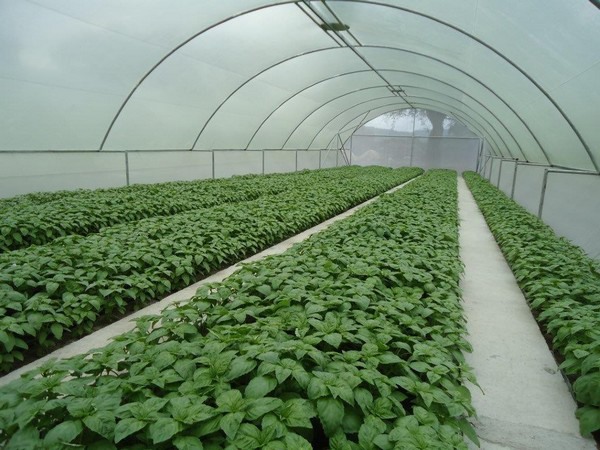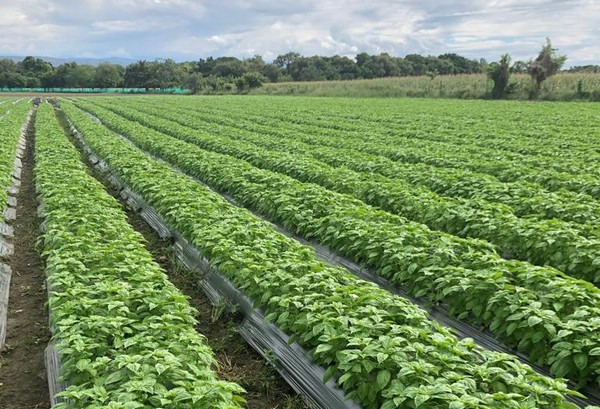Supplies of two fresh herbs, rosemary, and thyme, are tighter than usual. “The demand for these herbs at Thanksgiving was higher than normal, and the plants have not recuperated or grown back as quickly because of cold temperatures. So those two have seen more shortages,” says Camilo Penalosa of Infinite Herbs & Specialties. Part of the shortage is also attributed to a more “open” Thanksgiving in November, one where consumers may have had larger gatherings and thus cooked more than they did in the peak pandemic years. In addition, basil has also been short due to rainy and cloudy days in Mexico and Colombia that have affected growth due to diseases and a lack of light to grow.

Currently, the majority of fresh herb supplies are coming from Florida as well as Baja California, Mexico, Israel, and Colombia, with smaller volumes also coming from Ecuador and Peru.
Meanwhile, demand looks similar to last year at this time. “For the Super Bowl, the increase in demand is generally dill, cilantro, parsley, and chives which are used by many people in dips and guacamole. For Valentine’s Day, there’s a small increase for herbs because of restaurants,” Penalosa says. Meanwhile, Mother’s and Father’s Day see similar increases in demand, though Father’s Day, because it takes place in June when the weather is nicer, rosemary and thyme used for barbecues also see a demand bump.

Easter demand?
As for Easter, fresh herb demand is a bit more varied. “At Easter, people cook many things, so there’s no big demand for a few types of herbs like Thanksgiving. It also depends on the religious beliefs,” he says. “ A lot of people eat fish at Easter, so chives, parsley, and dill increase. A lot of people also just get together, and it’s not religious, so they do poultry and ham, so rosemary, thyme, and sage have an increase. While demand is bigger than a regular week, it’s not a big jump.” Easter and Mother’s Day also see an increase in demand for edible flowers.
As for pricing, it’s stronger than last year and also takes into account the increases in production. “The higher cost in the U.S. of production, in freight, packing materials, and labor, result in inflation and is increasing the prices of the herbs. So every day, we’re trying to see how we can be more efficient in the packing lines to offset the extra expenses,” says Penalosa.

Pricing is also a careful balance given the inflationary times for the consumer, and fresh herbs, unlike, say apples or potatoes, aren’t as much of a produce staple for the average consumer.
 For more information:
For more information:
Camilo Penalosa
Infinite Herbs & Specialties
Tel.: +1 (617) 319-9253
[email protected]
www.infiniteherbs.com
